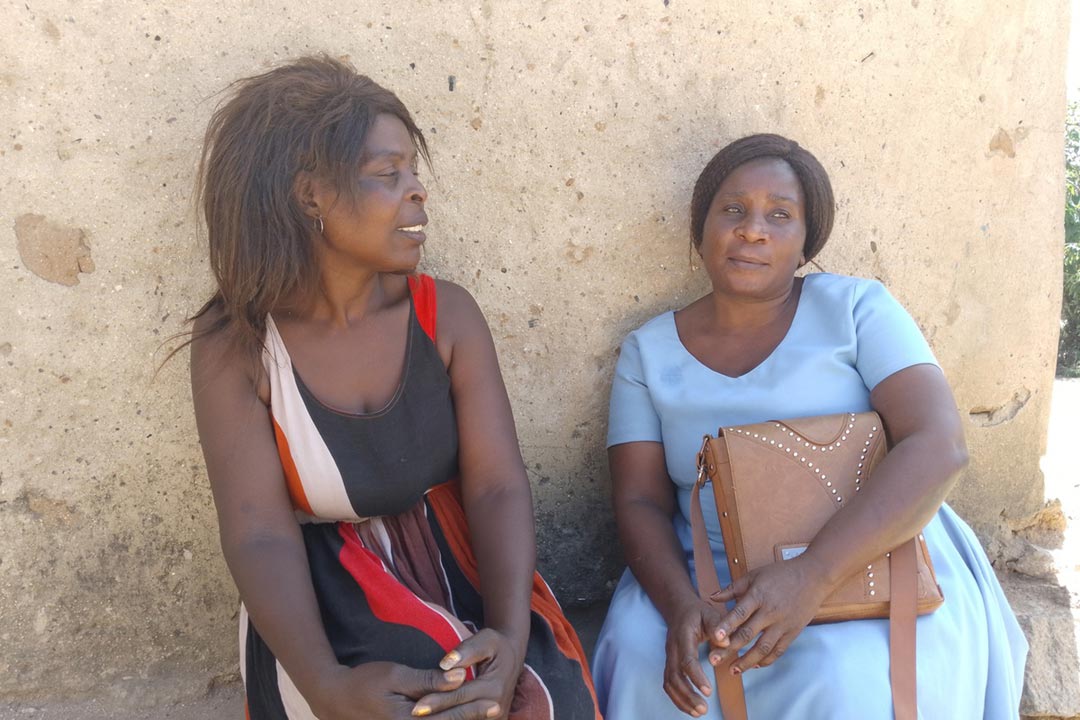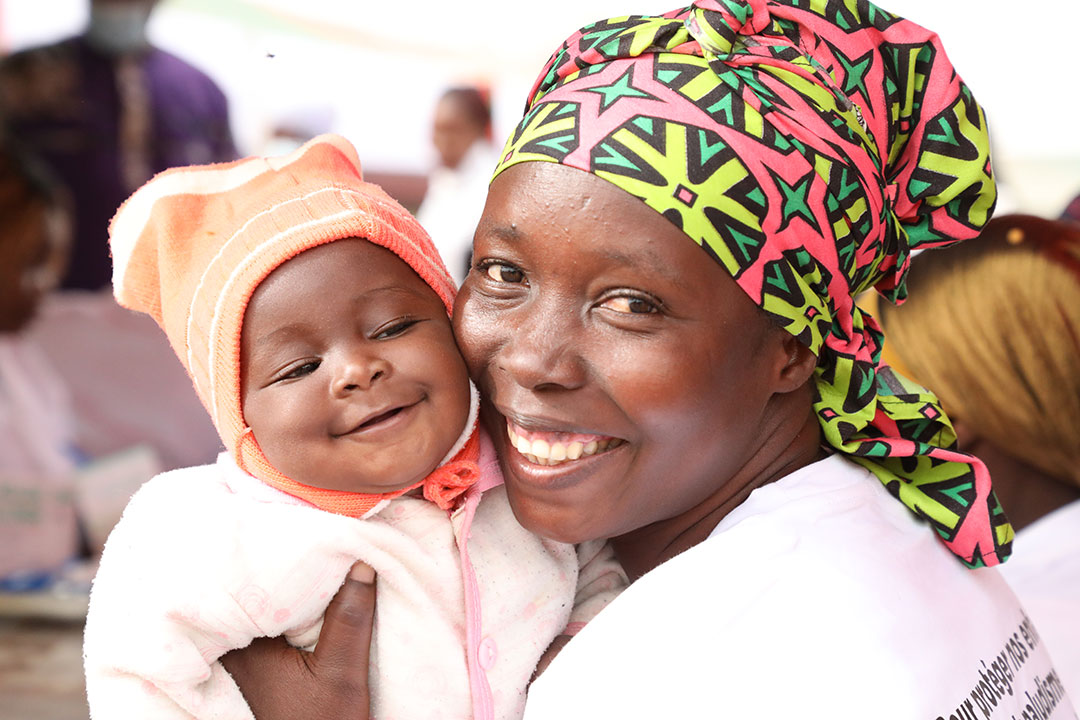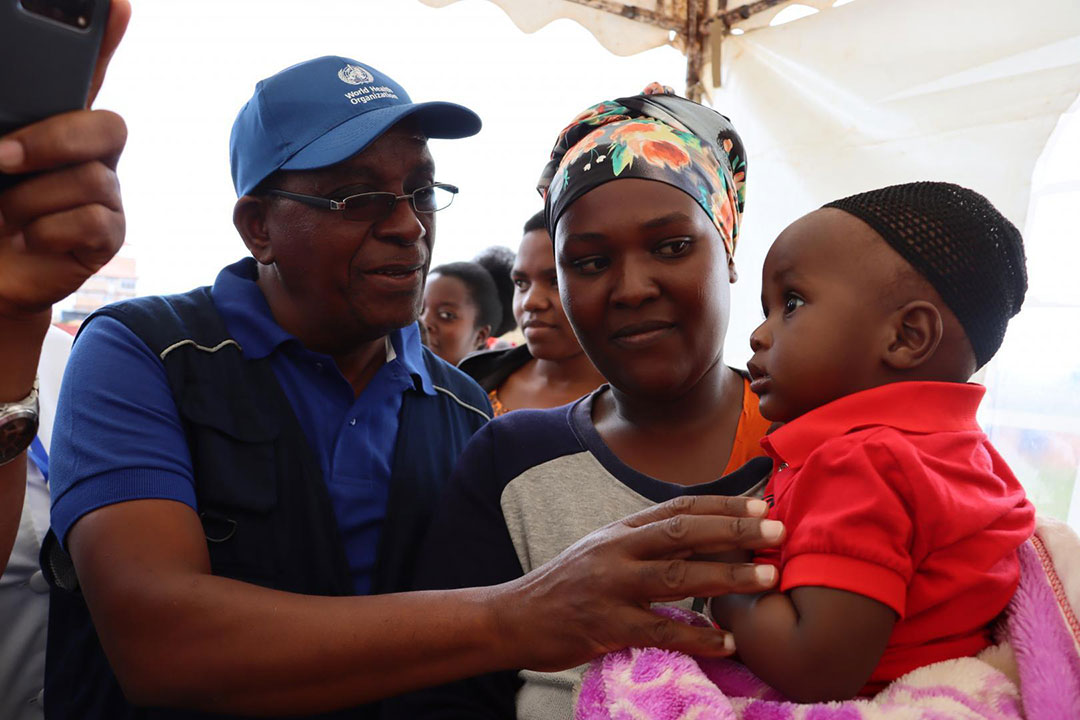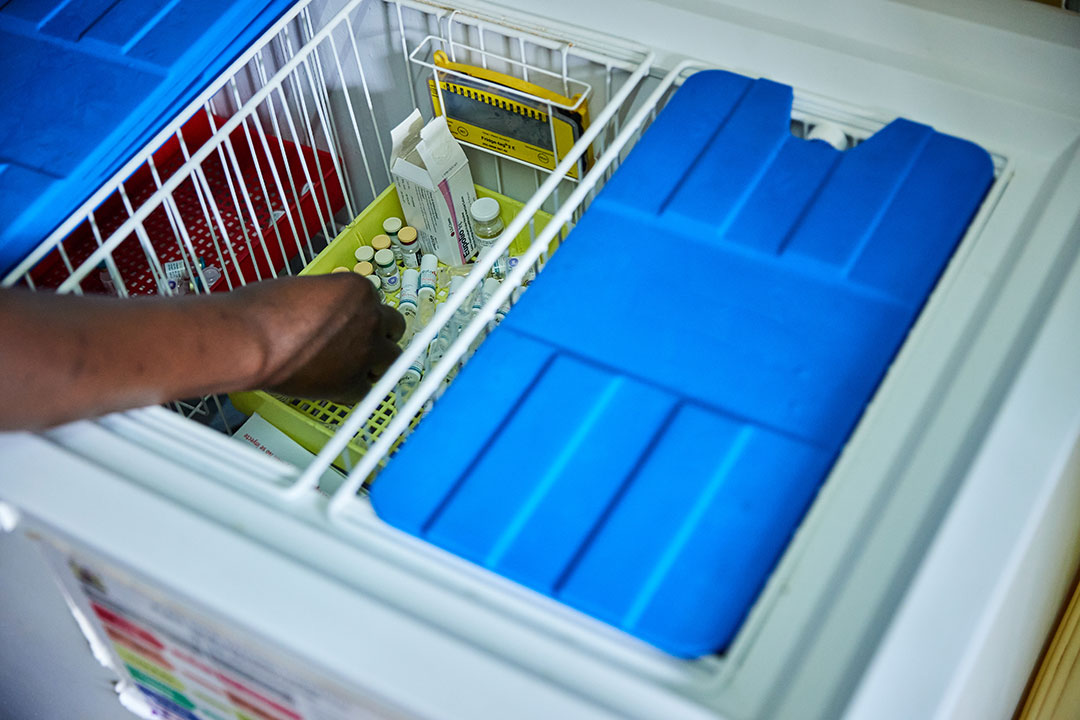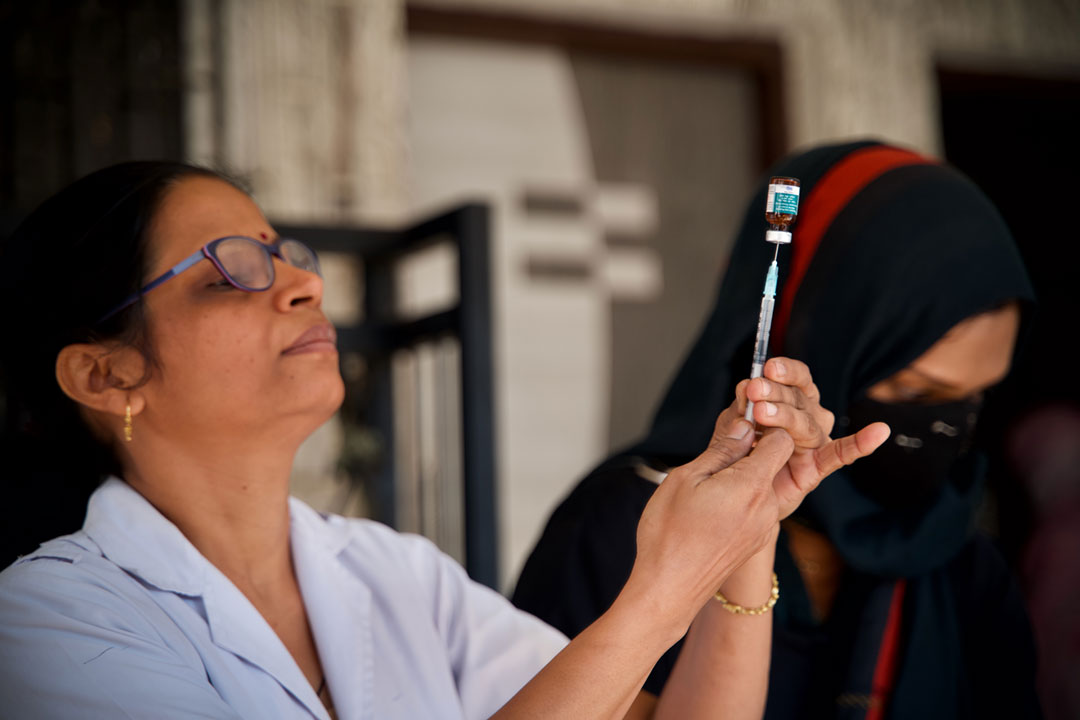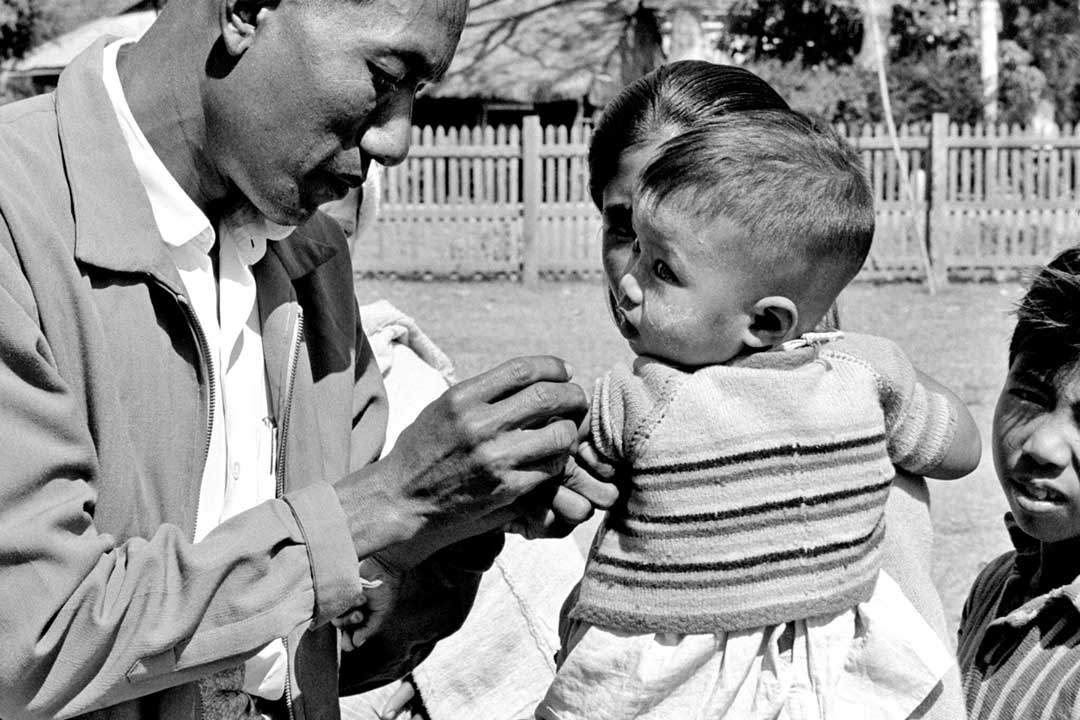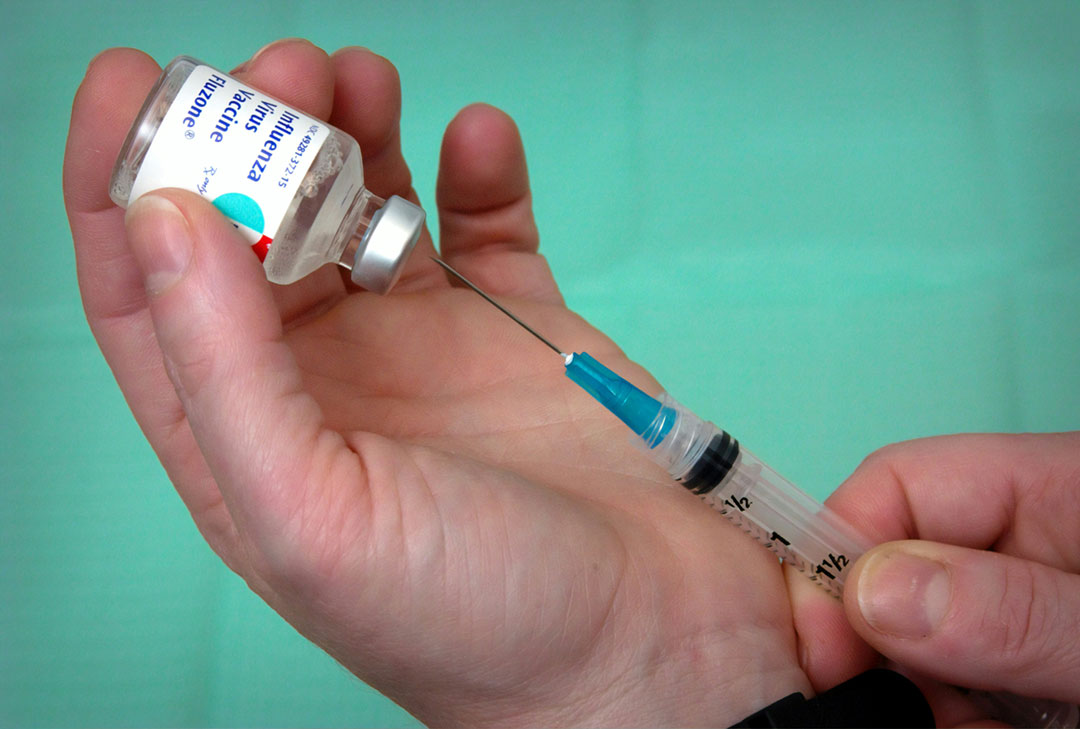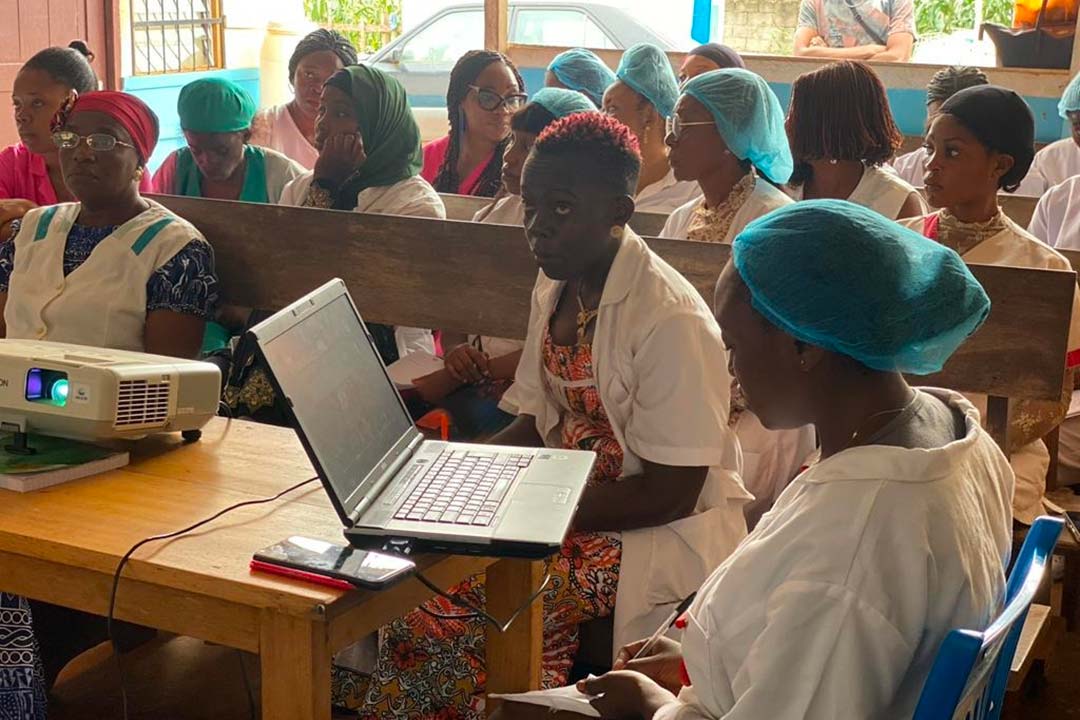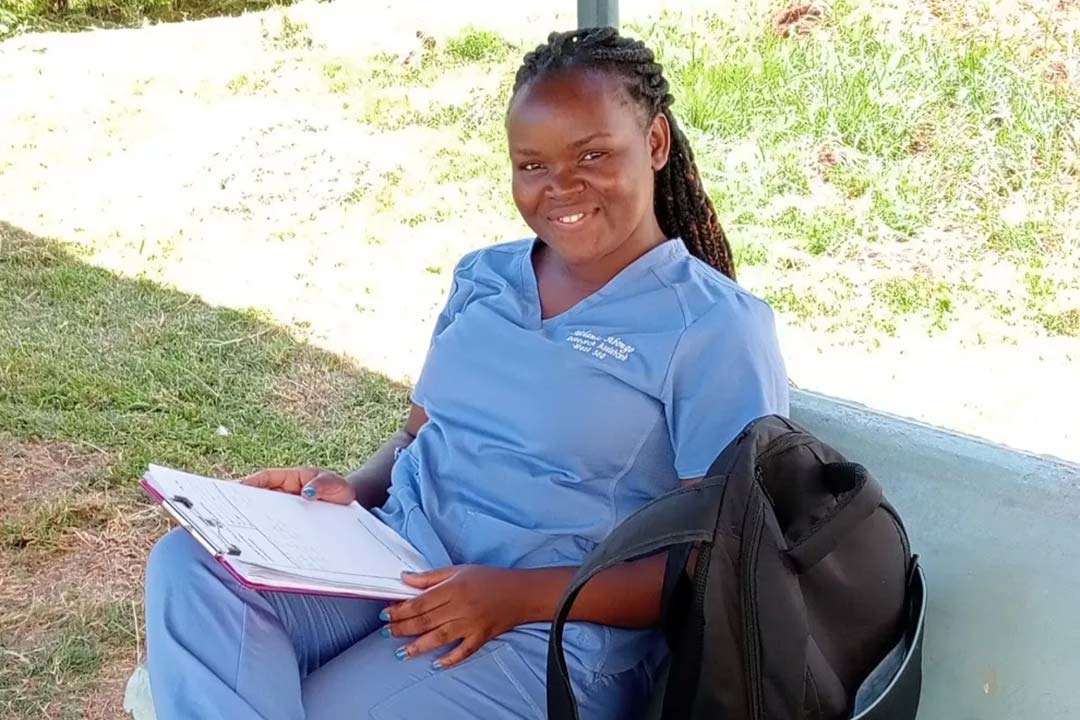Five takeaways from WHO’s immunisation advisory committee
Last week WHO’s Strategic Advisory Group of Experts (SAGE) on Immunization met to discuss COVID-19 boosters, monkeypox, Ebola, polio and measles, among other concerns. Here’s what they decided.
- 12 October 2022
- 5 min read
- by Gavi Staff

On 11 October 2022, WHO’s Strategic Advisory Group of Experts (SAGE) on Immunization met to discuss recommendations for vaccinations for four major public health emergencies the world is experiencing. This group of experts is critical in bringing together scientific research and analysis to make recommendations for public health measures involving vaccines.
There are six candidate vaccines under development against the Sudan ebolavirus, three of which have undergone phase 1 or 2 clinical trials.
1. COVID-19 boosters
In low-income countries, 19% of people are fully vaccinated, with 23% having had the first dose. SAGE recommends that any COVID-19 vaccines or newer variant-containing vaccines (VCVs) can be used for booster vaccination, however VCVs should not be used for primary vaccination since there is not enough evidence to support this.
Achieving high and equitable vaccine coverage with the original (ancestral virus) COVID-19 vaccines is still the main priority, especially for groups at high risk of severe disease or death. Countries should also not delay rolling out booster doses by waiting for VCVs – it’s better that high-risk groups are protected with a booster four to six months after the initial dose, rather than waiting for the new VCVs.
COVAX is in discussion with manufacturers and donors to make sure lower-income countries will be able to access VCVs once they receive WHO Emergency Use Listing (EUL). However, given the recommendations, VCVs are expected to have limited use as boosters, but ensuring this choice is available to lower-income countries and high-income countries in parallel is important to ensure equity in access.
2. Monkeypox
Two years into the COVID-19 pandemic, monkeypox demonstrates how urgently the world needs a global response plan for new threats, including triggers for when various types of support will be rolled out. Although cases remain low in the lower-income countries that Gavi supports, the organisation is working closely with governments and partners to monitor the situation.
SAGE recommended pre-exposure vaccination for groups at high risk for exposure to monkeypox. The group at highest risk currently is men who have sex with men, with multiple sexual partners. Others at risk include individuals with multiple casual sexual partners; sex workers; health workers at repeated risk of exposure; laboratory personnel working with orthopoxviruses; clinical laboratory and health care personnel performing diagnostic testing for monkeypox; and outbreak response staff. The level of risk of infection can be used for prioritisation in case of limited vaccine supply.
SAGE also recommends post-exposure vaccination for close contacts of cases, ideally within four days of first exposure and up to 14 days in the absence of symptoms.
Have you read?
Research into monkeypox has been neglected, and the committee called for increased study of the epidemiology of monkeypox in previously affected countries in Africa, and how the disease is interacting with wildlife that can spread the virus.
3. Ebola
An outbreak of the Sudan species of Ebola virus broke out in Uganda on 11 September 2022, and as of 6 October there are 44 confirmed cases, 20 suspected cases and 10 deaths reported from 5 districts in Uganda. Existing vaccines – which are highly effective against the Zaire species – won’t offer protection against the Sudan species causing the current Ebola outbreak in. As a result, clinical trials of promising vaccine candidates will be a key pillar of this response. There are six candidate vaccines under development against the Sudan ebolavirus, three of which have undergone phase 1 or 2 clinical trials.
Gavi is working with the Ministry of Health, WHO and partners to identify how the Alliance can support clinical trial rollout and health systems capacity in Uganda as well as helping shape the market for any successful candidates. Gavi funds the existing global stockpile of Ebola vaccines, which has been used to successfully combat other Ebola outbreaks across the African continent, and also supports countries with outbreak response for a range of other diseases.
The vaccination response will be used to evaluate the efficacy of one of the candidate vaccines using a ring vaccination approach similar to that used for the Guinea trial with the Zaire ebolavirus vaccine, with the difference that only contacts will be offered vaccination to optimise the use of the limited doses of vaccine.
4. Polio
Wild poliovirus 1 (WPV1) continues to circulate in Pakistan, and there are continued detections of WPV1 in South-eastern Africa. Vaccine-derived poliovirus type 2 (VDPV2) continues to be detected in the African region and in Yemen, as well as in New York, London, and Jerusalem. SAGE endorsed improving the routine coverage of polio vaccination with inactivated poliovirus vaccine (IPV) to respond to outbreaks in countries that use only IPV for routine childhood immunisation.
The continued threat of outbreaks means that SAGE also recommended that all countries have outbreak response plans to be prepared for a timely response against VDPV or WPV1 outbreak.
SAGE emphasised the importance of improving routine immunisation coverage and ensuring that zero-dose children are included in routine immunisation for all recommended paediatric vaccines. The committee also acknowledged the importance of accelerated efforts to develop and authorise novel OPVs against type 1 and 3 virus.
5. Measles
SAGE discussed concerns in routine immunisation coverage across the world, with the alarming rise in measles outbreaks a key focus. Not only is measles highly infectious, but fighting it requires 95% population coverage with vaccines, which even some high-income countries are not reaching currently.
In 2022 and 2023, a key focus for the Alliance will be helping lower-income countries to recover measles coverage and reach more children than ever, while also supporting outbreak response. Measles is also an important tracer of how well health systems can reach missed communities – protecting more lives and improving the ability to detect and respond to outbreaks.
